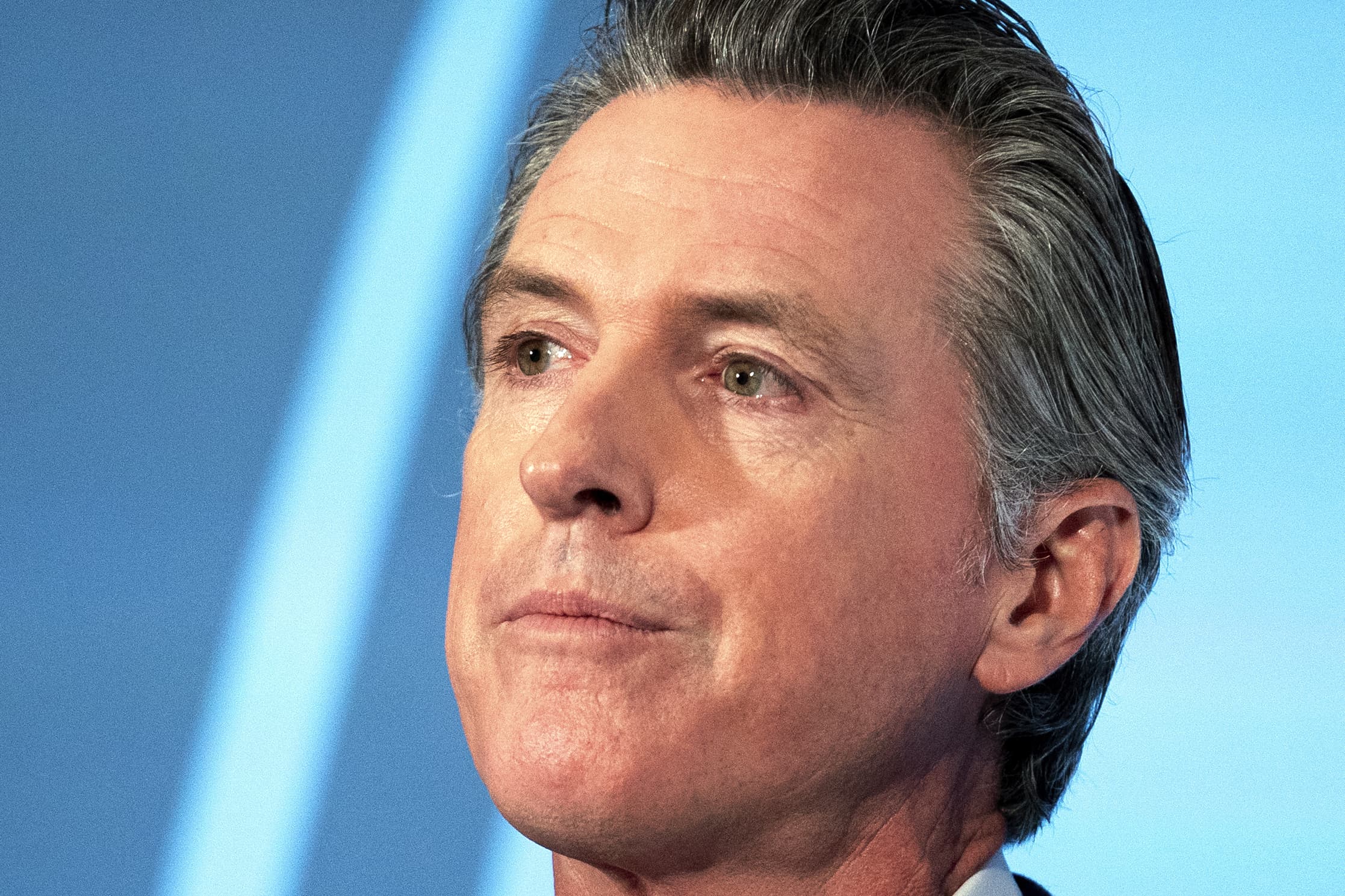California passed a first-of-its-kind law last week that makes the state a refuge for trans youth fleeing bans on gender-affirming care.
On September 29, California Gov. Gavin Newsom signed into law Senate Bill 107, which aims to block out-of-state attempts to penalize trans youth or their families for seeking gender-affirming medical care in California. Sponsored by State Sen. Scott Wiener (D-San Francisco), SB 107’s introduction was a direct response to a recent wave of discriminatory legislation targeting trans youth. In 2022 alone, more than a dozen states introduced anti-trans medical care bans, according to the advocacy group Freedom for All Americans.
“As so many states work to erase trans kids and criminalize their families, California must always have their backs,” Wiener said in a statement to Xtra. “With SB 107 signed into law, California is forcefully pushing back against the anti-LGBTQ2S+ hatred spreading across parts of our nation.”
SB 107, which goes into effect on January 1, contains several safeguards against out-of-state prosecution. It bars compliance with subpoenas of medical information related to gender-affirming care, which can include treatments like hormone replacement therapy and surgeries designed to affirm an individual’s gender identity. The legislation also prohibits the separation of a child from their parents when the grounds for that separation is that a parent allowed their child to access gender-affirming healthcare.
AdditionallySB 107 makes any attempt to extradite someone for receiving or providing gender-affirming care “the lowest law enforcement priority,” according to its text.
The law’s passage could be a major boon to families of trans youth in states like Alabama and Arkansas—which are the only two U.S. states, to date, to have signed comprehensive anti-trans medical care bans into law. Arizona passed a law in March preventing minors from receiving gender-affirming surgery, and Tennessee enacted legislation outlawing puberty blockers for “prepubertal minors” last year, but those treatments are rarely recommended for those age groups.
In Texas, Gov. Greg Abbott issued a directive in February referring to gender-affirming care as “child abuse” and ordering the Department of Family and Protective Services to investigate parents who allow their children to transition. That order, like the Alabama and Arkansas laws, has been partially blocked in court.
After SB 107 was signed into law, Newsom called attacks on trans healthcare “unacceptable.” “States across the country are passing laws to demonize the transgender community, especially transgender youth and their parents,” the governor said in a statement. “With the signing of this bill, California will ensure that these kids and their families can seek and obtain the medical and mental healthcare they need.”
Organizations that advocate for accessible trans healthcare have voiced their support for California’s new law, including Planned Parenthood and Equality California, which sponsored the bill.
“With trans youth being attacked across the country, it is nice to know that California will stand with them,” said Kathie Moehlig, executive director of the national advocacy group TransFamily Support Services, in a press release. “SB 107 will allow youth and their families from states with these hateful laws a safe haven to come to California for their medically necessary care without fear.”
California is one of at least 16 states where lawmakers committed to passing legislation that protects trans youth and their families from the potential repercussions of seeking gender-affirming care, and others include Kansas, Kentucky and Georgia. California is the only state so far to pass its legislation into law.
While laws like SB 107 are an important step in fighting back against legislative transphobia, they won’t stop the overwhelming attacks against trans health providers across the country. Hospitals that provide healthcare to trans minors are facing harassment, death threats and bomb scares, while GOP lawmakers in Tennessee and Oklahoma are trying to shut down gender-affirming clinics. In August, Florida dropped transition-related coverage from its state Medicaid plan.
Despite the barrage of threats to trans healthcare, studies have shown that gender-affirming treatments can be extremely beneficial. Trans and non-binary youth are at particularly high risk for depression and suicidal thoughts, and a February study published in the Journal of the American Medical Association found that gender-affirming medical interventions were associated with lower odds of both.
While SB 107 cannot address all the challenges trans Americans face in seeking healthcare, Wiener said the bill is a start. “We can’t solve everything in one bill,” he told the Los Angeles Times. “We’re making sure that people who are being criminalized have a place to go. This bill is about giving people refuge.”


 Why you can trust Xtra
Why you can trust Xtra


